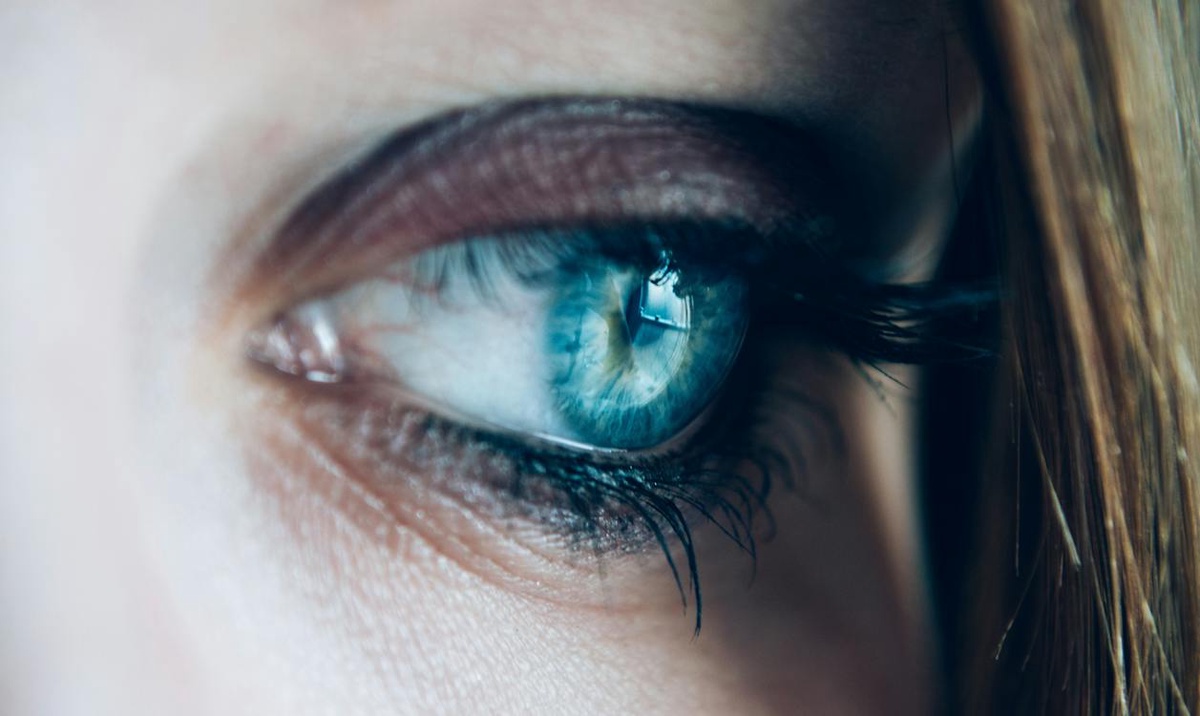The macula is a sensitive region of the retina used for fine vision and reading. Many disorders that affect the retina also damage the macula and can cause visual loss. Macular holes are a prevalent cause of vision loss. Although the precise source is uncertain, macular holes are most likely created by the vitreous (the jelly-like substance inside the eye) tugging on the macula.
Recent advancements in micro-instrument and optical viewing system technology now allow ophthalmic surgeons to perform retinal surgery from within the eye. This has resulted in the successful treatment of previously untreatable complex eye conditions, such as macular holes.
Most macular hole doctors now perform the majority of their macular hole surgery on an outpatient basis using local anesthesia. For apprehensive patients, general anesthesia is still accessible. You should not eat or drink for 6 hours before receiving a general anesthetic. Light food and drink are permitted up to 1 hour before the procedure if receiving a local.
The medical team will speak with you and examine you on the ward before the procedure. After that, you will be given eye drops to dilate your pupils. When you enter the anesthetic chamber, a needle will be inserted into your hand or arm.
How Is the Surgery Performed?
During the procedure, three needle-sized holes are cut in the white of your eye to allow the vitreous fluid to be removed. This will allow the surgeon to fix the macular hole using tiny intraocular devices to remove any scar tissue that is keeping the macular hole open.
The vitreous jelly will be replaced with a gas that will act as a support to keep the retina in place and aid in healing. Over the course of 3-4 weeks, your regular body fluids will naturally replace the gas. Minor cataracts can be removed as part of the same treatment.
Small stitches are normally placed in the eye, and at the end of the procedure, a pad or bandage will be placed over your eye to protect it and reduce swelling.
After the procedure, you need to keep your head down for 5 days. This is known as 'posturing,' and it supports the gas bubble to seal the macular hole. Posturing pillows will be given, and you should have someone at home to assist you for the first five days. You only need to posture for 50 minutes every hour of the day and can sleep usually.
Post Op Recovery
Most patients can leave the hospital within a few hours of the procedure. If you are experiencing discomfort, take pain medication, such as Paracetamol, every 4-6 hours. It is usual to experience itching, sticky eyelids, and slight discomfort after macular hole surgery. It is natural for your eyes to moisten. The region around the eye might occasionally become bruised. Any soreness should subside in 2-3 days. In most circumstances, your eye will heal in around 6 weeks.
Specific symptoms may indicate that you require immediate medical attention. If you have any of the following symptoms, please contact the hospital immediately:
- Significant pain;
- Visual impairment;
- Eye redness getting worse;
- Shadow in the view.
When you have a gas bubble in your eye, you shouldn’t fly or go to a substantial altitude by any other means of transportation, and you must notify your doctor if you require any other type of surgery.
The Risks of Macular Hole Surgery
Macular hole surgery may not always work. Every patient is unique. Approximately 5% of patients may require more than one procedure.
Complications are possible during or after the surgery. Minor issues are common, and in most cases, they are treatable. Some problems can result in blindness very rarely.
Possible complications during the procedure:
- Internal eye bleeding;
- More retinal blemishes;
- Any intraocular lens dislocation.
Complications that may occur after the surgery:
- Eye or eyelid bruising or swelling;
- High intraocular pressure;
- Inflammation within the eye;
- Cataracts;
- Medication allergy;
- Infection of the eye (endophthalmitis);
- This is highly unusual, yet it can result in serious vision loss;
- Inflammation around any implants that have been used;
- Retinal detachment.
Most patients who have macular hole surgery develop a cataract in the operative eye within 6 months. Cataract surgery is a far less intrusive technique that can be performed as an outpatient under local anesthesia.


No comments yet